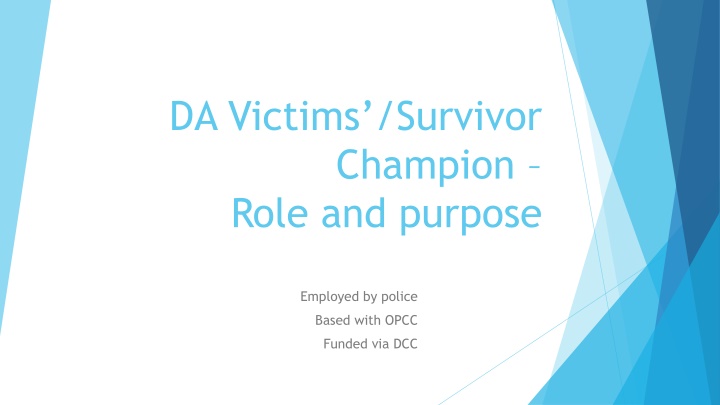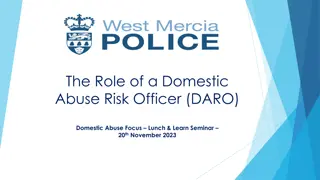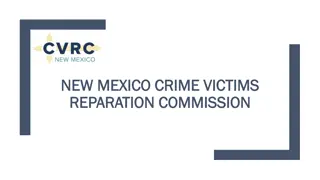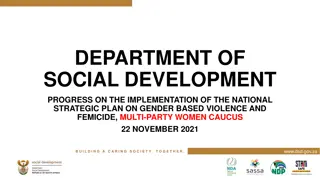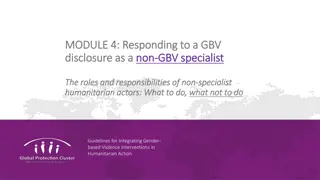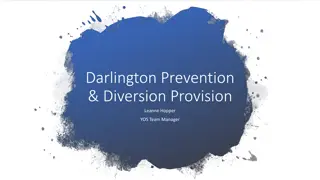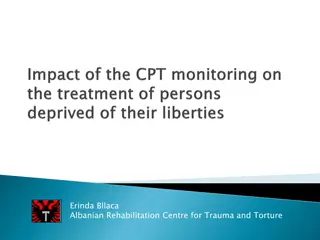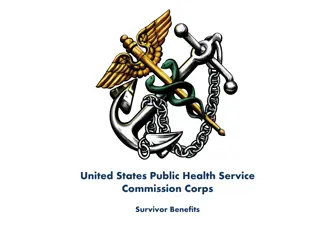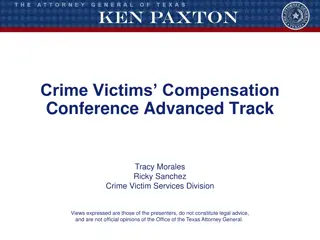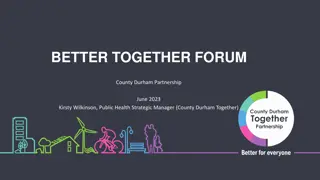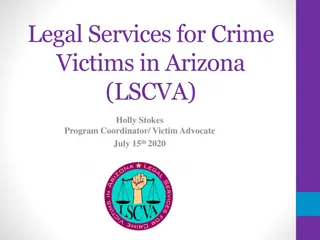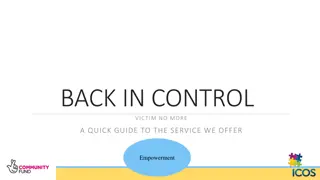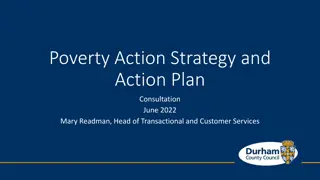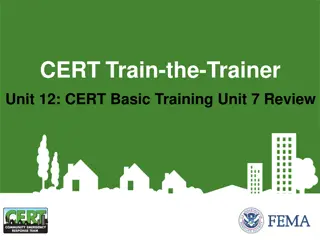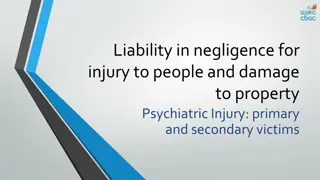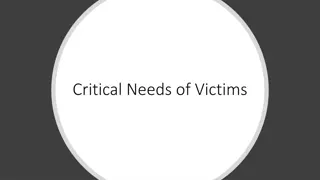DA Victims/Survivor Champion Role and Purpose in Durham and Darlington
This article discusses the role and purpose of the DA Victims/Survivor Champion employed by the police, based within the OPCC and funded via DCC in Durham and Darlington. The champion primarily advocates for victim/survivor voices, influences the strategic direction of Domestic Abuse services, and enhances the ease of navigating systems for those in need. Various methods such as individual interviews and group sessions are employed to collect data and feedback to inform decision-making and service improvements.
Download Presentation

Please find below an Image/Link to download the presentation.
The content on the website is provided AS IS for your information and personal use only. It may not be sold, licensed, or shared on other websites without obtaining consent from the author.If you encounter any issues during the download, it is possible that the publisher has removed the file from their server.
You are allowed to download the files provided on this website for personal or commercial use, subject to the condition that they are used lawfully. All files are the property of their respective owners.
The content on the website is provided AS IS for your information and personal use only. It may not be sold, licensed, or shared on other websites without obtaining consent from the author.
E N D
Presentation Transcript
DA Victims/Survivor Champion Role and purpose Employed by police Based with OPCC Funded via DCC
Introduction Primarily report to the DASVEG and the PCC. Challenge on behalf of the victims /survivor voices The range of services, agencies, organisations, systems, issues, demographic groups, and individual task groups, which role should inform is extensive. Prime purpose - to positively impact the strategic direction, planning, and ultimately the commissioning of DA (Domestic Abuse) services in Durham and Darlington. Achieved by - ensuring that the views and lived experience of victims and survivors of DA are a central influence in the commissioning of relevant services. Positively impact the ease with which systems can be navigated by people who need to use them.
HOW ? Individual interview, lived experience and discussion group sessions, video interviews/ conversations, and any combination of these and other methods. What is already known ? Recording and analysis of data identify themes and specifics. Report findings formal and operational links regional and national Feedback responses of organisations and agencies to victim/survivors REPEAT .REVIEW .CONTINUE
APPROACH Identify and contact victim/survivors Collection and use of qualitative Independent Confidential Trauma aware Feed-back Concurrent data collection
work plan 1. DCC and DBC Safe Accommodation Strategy, including Additional Burdens Fund measures 2. Support the implementation of the PCC Police and Crime Plan 3. DA victims/survivor pathway through the CJS and their views of support available 4. Services commissioned by L.A. and OPCC. 5. Supported and Non-commissioned services 6. Additional projects. 7. Work areas I am alert to. For inclusion in later version of work plan. - not an exhaustive list.
Work to date / ongoing and planned Group and individual sessions with residents of Durham and Darlington refuges and dispersed accommodation. Group and individual sessions with users of some community- based services -PCC contacts Letters of invitation to interviews delivered via IDVAs, ISVAs, DAIOs, CAB Witness Support Response to date representation, projects. Topics- Police, CJS, Safe Accommodation. Next Topics- Children s and other key services e.g., Housing and support, Mental Health, Benefits, and Local Supports (groups and charities). Recording and analysis of data achieved to date throughout May/ June.
And also. Housing providers MASH Police DA worker in Coms PRIDE HALO AAP identified local support providers users of VCAS and Peer Mentor Scheme finalise and distribute SNAP survey engage victim/survivors with training of professionals. ETC.
Work areas to which I am alert- for inclusion in later version of work plan. Male victims/survivors Children and young people as victims in their own right Perpetrator services Disabled Deaf community Older people Rural communities Marginalised ethnic groups. VAWG
